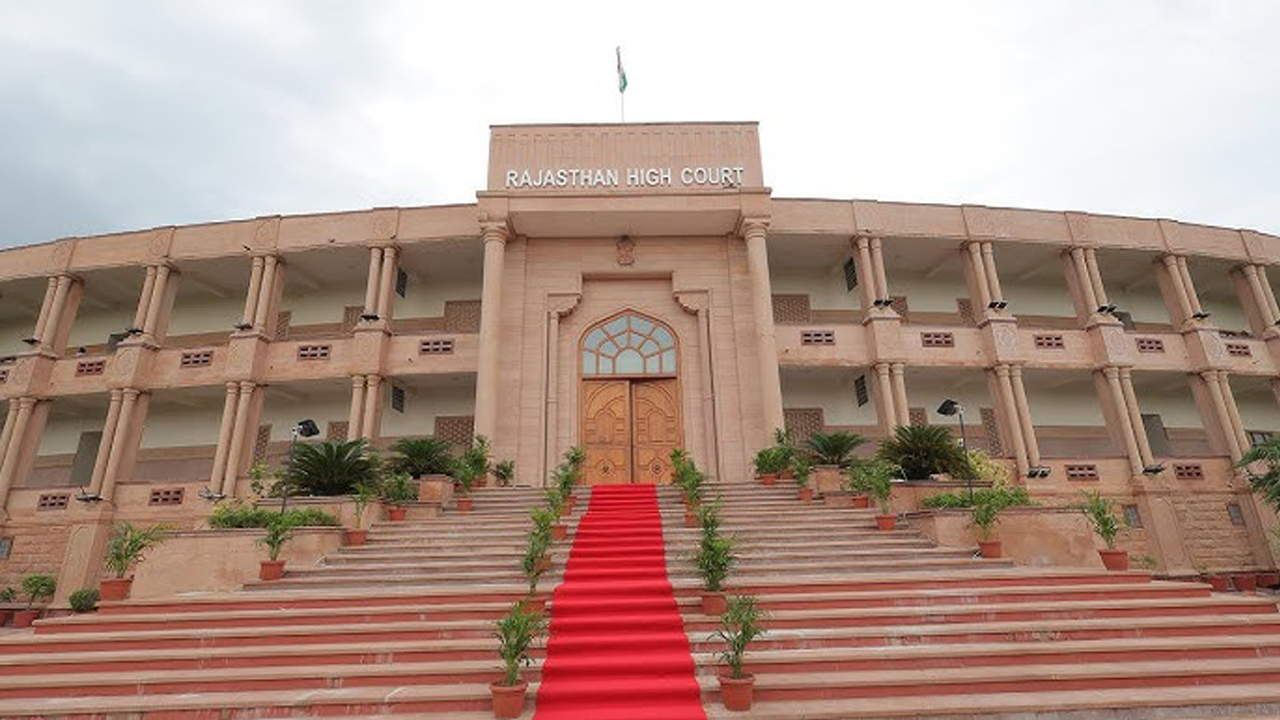Now Reading: Punjab Farmers Dig In: Week-Long Sit-In Begins, Tensions Rise at Amritsar’s Golden Gate
-
01
Punjab Farmers Dig In: Week-Long Sit-In Begins, Tensions Rise at Amritsar’s Golden Gate
Punjab Farmers Dig In: Week-Long Sit-In Begins, Tensions Rise at Amritsar’s Golden Gate

Amritsar, Punjab – The simmering discontent among Punjab farmers over their long-standing demands has boiled over, with a significant escalation witnessed as multiple farmer unions, led by the Samyukta Kisan Morcha (SKM), initiated a week-long sit-in protest across the state. The focal point of the agitation has emerged at Amritsar’s Golden Gate, where a large contingent of farmers congregated, signaling a renewed phase of intense demonstrations.
The SKM, the umbrella body that spearheaded the historic year-long farmers’ agitation against the now-repealed farm laws, has once again taken center stage, demanding the fulfillment of promises made by the central government. Key among these demands are a legal guarantee for Minimum Support Price (MSP) for all crops, the withdrawal of cases registered against farmers during previous protests, and comprehensive debt waivers.
The gathering at the Golden Gate, a crucial entry point to Amritsar, witnessed a powerful display of solidarity, with farmers from various districts converging to voice their grievances. The atmosphere was charged with a mix of determination and frustration, as farmers reiterated their commitment to continue the struggle until their demands are met.
“We have been patient, but the government has failed to honor its commitments,” stated a leading member of the SKM at the Amritsar protest site, addressing the assembled farmers. “We are here to remind them that we will not back down until we get what we rightfully deserve.”
The week-long sit-in, which commenced today, is expected to witness a series of demonstrations and rallies across Punjab, with farmers blocking key roads and highways, disrupting traffic and commercial activities. The SKM has called for peaceful protests, urging farmers to maintain restraint and avoid any confrontation with law enforcement agencies.
The current wave of protests comes at a crucial juncture, with the agricultural sector grappling with a multitude of challenges, including fluctuating market prices, rising input costs, and the impact of climate change. Farmers argue that the lack of concrete government action has exacerbated their plight, pushing them further into financial distress.
The demand for a legal guarantee for MSP has remained a central point of contention. Farmers argue that without a legal framework, they are vulnerable to price volatility and exploitation by private traders. They seek a mechanism that ensures fair and remunerative prices for their produce, safeguarding their livelihoods.
The withdrawal of cases registered against farmers during the previous agitation is another crucial demand. Many farmers are still facing legal proceedings, which they perceive as harassment and intimidation. They argue that these cases should be dropped immediately, as they were registered during a legitimate and democratic protest.
The issue of debt waivers has also gained prominence, with farmers highlighting the mounting burden of loans and the urgent need for financial relief. The SKM has demanded a comprehensive debt waiver scheme, encompassing both institutional and non-institutional loans, to alleviate the financial distress faced by farmers.
The Punjab government, while expressing solidarity with the farmers’ demands, has called for a dialogue between the SKM and the central government to resolve the issues amicably. However, the farmers’ unions remain skeptical of the government’s intentions, citing past experiences of unfulfilled promises.
The ongoing protests have the potential to disrupt normal life in Punjab, impacting transportation, trade, and commerce. The state government has deployed additional security forces to maintain law and order, while appealing to farmers to conduct their protests peacefully.
The situation remains fluid, with the possibility of further escalation if the government fails to address the farmers’ concerns. The SKM has vowed to intensify the agitation if their demands are not met within the stipulated timeframe.
The current sit-in also gains extra weight due to the proximity of the upcoming Lok Sabha elections. With political parties vying for the support of the crucial farming community, the ongoing protests are likely to become a significant electoral issue. The farmers’ unions are expected to leverage their collective strength to influence the political discourse and ensure that their demands are addressed.
As the week-long sit-in progresses, the focus remains on the government’s response and the potential for a meaningful dialogue to resolve the impasse. The farmers’ determination and the widespread support for their cause suggest that the agitation is likely to continue until their demands are met, potentially leading to a prolonged period of unrest in Punjab.










